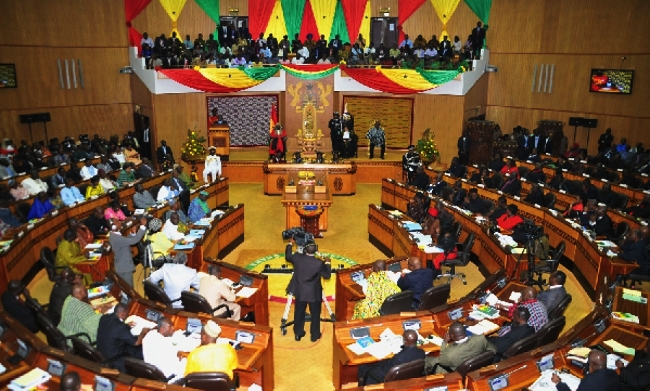Ghana’s Parliament has approved a $2.8 billion debt restructuring agreement with 25 bilateral creditor nations, a major milestone in the country’s efforts to navigate its deepest economic crisis in decades and unlock further funds from a $3 billion International Monetary Fund (IMF) bailout programme.
The deal, which received unanimous parliamentary support late Tuesday, includes key creditor nations such as China, France, the United States, Germany, and the United Kingdom, showcasing broad international backing for Ghana’s recovery agenda. The agreement follows a Memorandum of Understanding (MoU) signed in January 2025, nearly two years after Ghana defaulted on most of its external debt in December 2022.
Ghana, a major cocoa and gold exporter, has faced spiraling inflation, high public debt, and currency depreciation. The IMF approved a three-year bailout package worth $3 billion in May 2023 to stabilise the economy, with the debt restructuring forming a key part of the programme’s conditionality.
According to a parliamentary report seen by Reuters, the restructuring terms will provide $2.8 billion in debt service relief over the IMF-supported programme period (2023–2026). Debt service payments originally due between December 20, 2022, and December 31, 2026, will now be rescheduled, capitalised, and repaid between 2039 and 2043, delaying repayments by more than 15 years.
Interest rates on the rescheduled debt will be between 1% and 3%, depending on the original contractual terms, giving Ghana significant fiscal space by reducing its treasury outflows to below-market levels.
The Official Creditor Committee, comprising the 25 participating countries under the G20 Common Framework, emphasised that the restructuring deal is critical for macroeconomic stability and debt sustainability. The committee’s role was instrumental in coordinating relief among bilateral creditors to ensure equitable and effective support for Ghana.
“The Committee noted that the debt restructuring was critical in supporting government to restore and sustain macroeconomic stability and debt sustainability,” the parliamentary report stated.
Ghana’s government is also engaged in ongoing negotiations with commercial creditors to complete the broader debt restructuring process. Success in these talks will be crucial for restoring investor confidence and unlocking further IMF disbursements under the bailout agreement.
The debt overhaul is expected to ease pressure on Ghana’s public finances, support social and infrastructure spending, and create a more stable platform for economic growth and inflation control.
